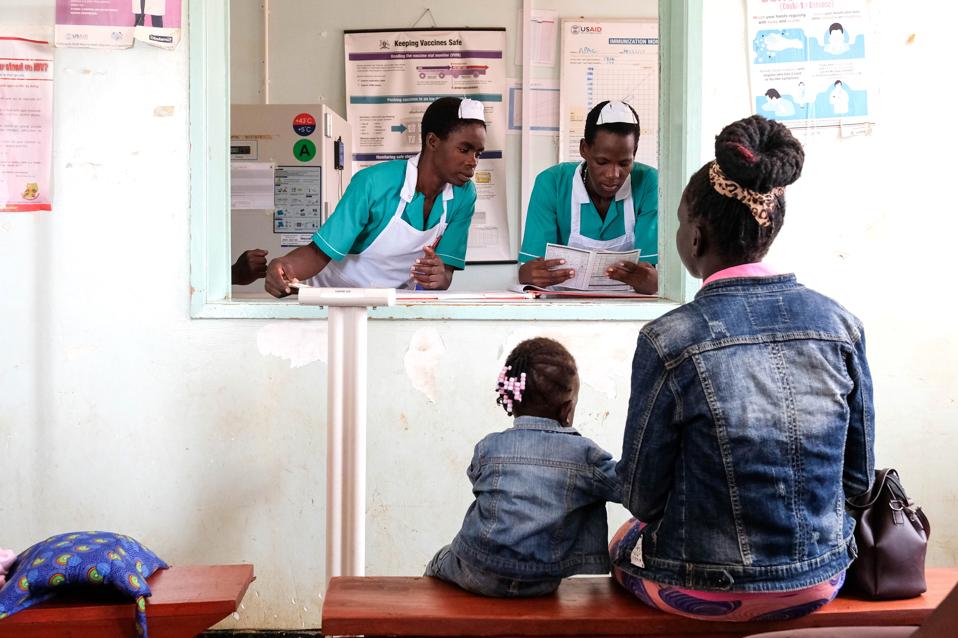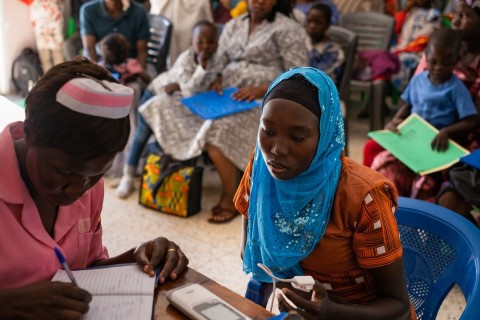As foreign aid dwindles, African nations are urged to improve tax systems to fund health needs. Experts stress the need for fairer, more transparent taxation to rebuild public trust.
With foreign aid cuts deepening healthcare crises across Africa, experts and advocates are urging governments to improve domestic tax systems to fund health services. The Africa CDC and the UN recommend increasing taxation, including solidarity levies on sectors like airlines and imports, to raise revenue for healthcare. However, experts warn that without fairness and transparency, these efforts risk public resistance, especially if consumption taxes disproportionately affect the poor.
Development economists argue that instead of focusing on regressive taxes like VAT, governments should prioritise underused avenues such as property and income taxes on wealthy individuals. Corruption, poor data systems, and political reluctance to tax elites hinder progress. Yet examples like Uganda’s efforts to tax high earners show that with dedicated reforms, tax systems can become more equitable and efficient.
Ultimately, sustainable health financing in Africa will require political will, better tax administration, and stronger public institutions. As calls for fairer taxation grow, African leaders must balance the urgency of funding basic services with protecting low-income populations from further burdens. The upcoming global financing conference may provide a critical forum for these discussions.



